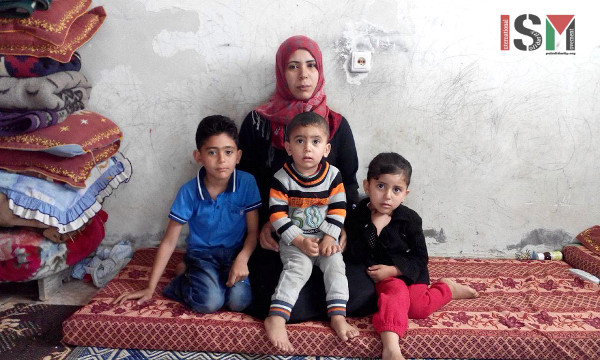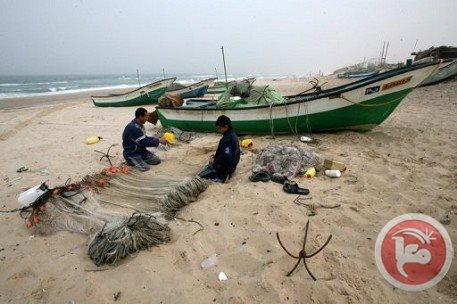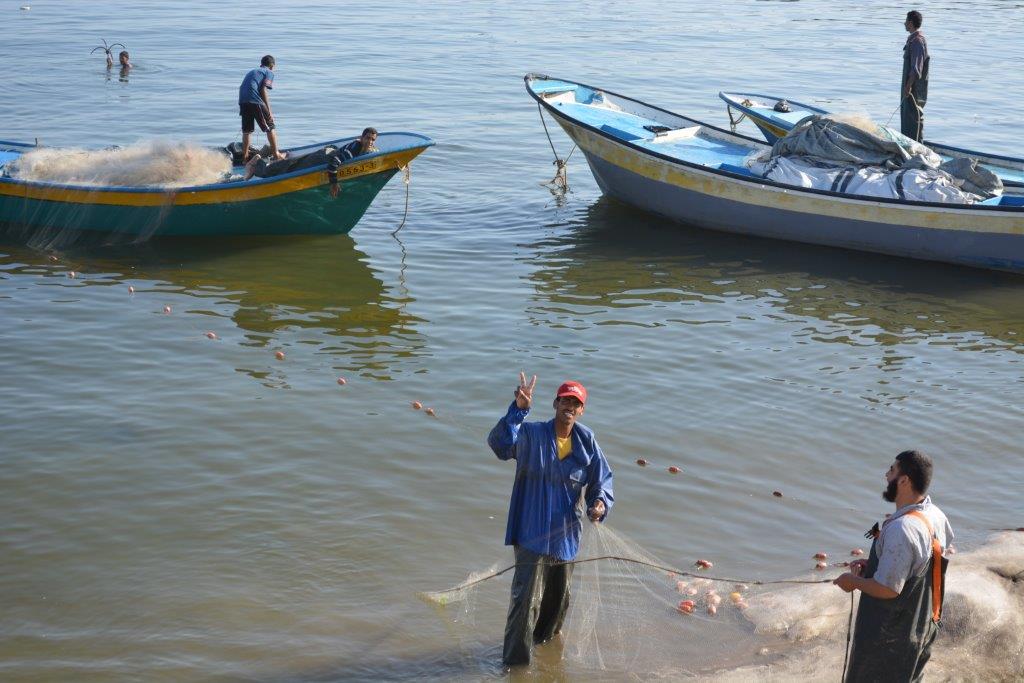Tag: Fishermen
-
Nine Palestinian fishermen kidnapped by the Egyptian army
06th March | Miguel Hernández | Gaza, Occupied Palestine On the 3rd of May, the trial of nine Palestinian fishermen kidnapped by the Egyptian army while fishing in waters of the border city of Rafah, took place in the Egyptian city of Al Arish. Three of the fishermen are brothers, Ali Abu Hamada, 36 years old, with eight…
-
PCHR report: Israeli attacks on fishermen in the Gaza Sea
22nd October 2014 | Palestinian Centre for Human Rights | Gaza, Occupied Palestine Israeli Naval forces continued to carry out attacks on Palestinian fishermen in the Gaza Strip during the reporting period (1 – 30 September 2014), including 18 shooting incidents that resulted in the injury of a fishermen while fishing; 4 chasing incidents that led…
-
Final journal from Gaza
17th September | Charlie Andreasson | Gaza, Occupied Palestine This is what seems to be the last thing I will write from Gaza. Not that there is nothing more to tell, there lies a new story under every stone, but because I will soon leave this small coastal strip where there is so much to…



